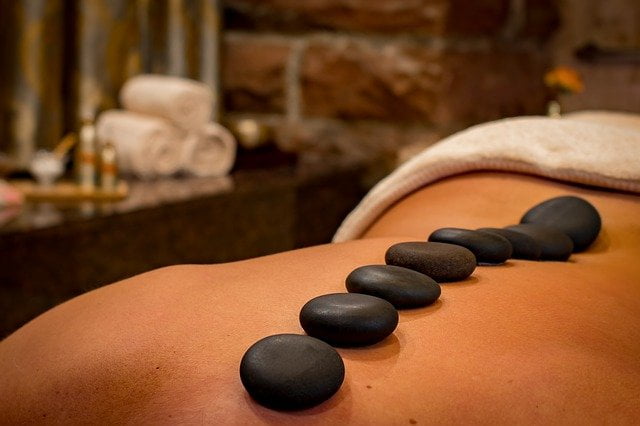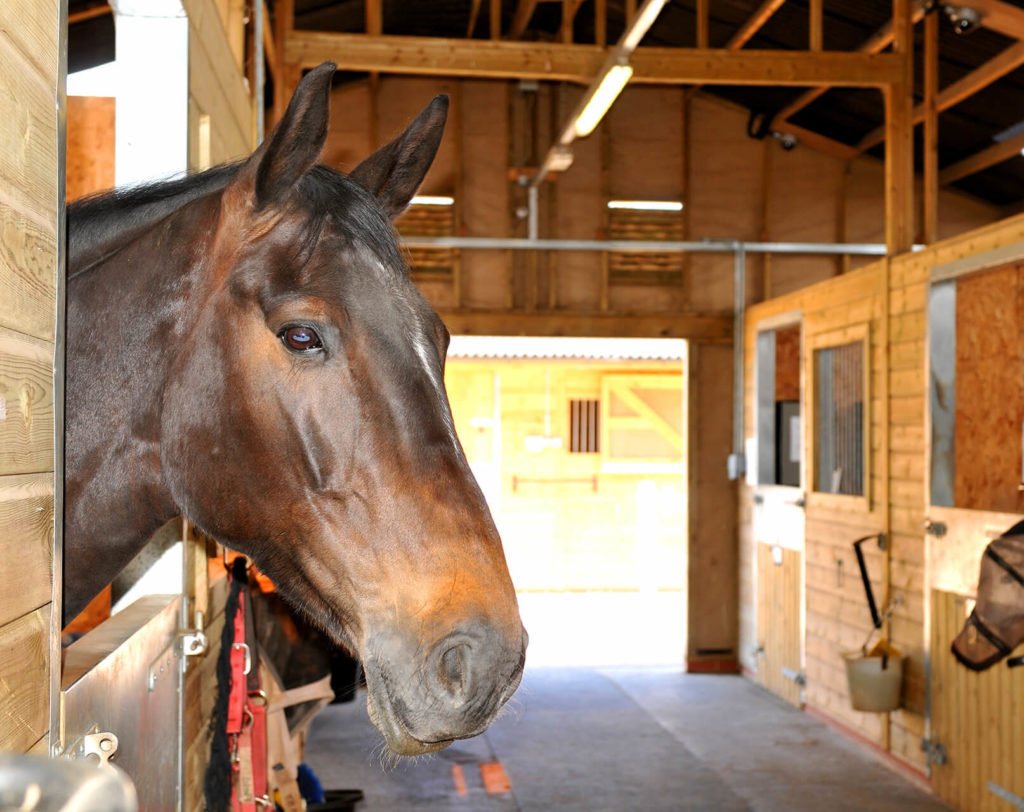- Home
- Addiction Treatment
- Alternative & Holistic Therapies For Addiction
Alternative & Holistic Therapies For Addiction
Humans are complex beings with many layers.
As such, it can’t be assumed that a one-size fits all approach to recovery is going to be successful for every person.
Rehabilitation programmes need to cover a wide range of approaches.
Every individual is made up of physical, emotional, mental and spiritual needs.
By incorporating holistic therapies into recovery programmes, the person is better supported to heal.
In 2017, there were around 9 million people having alternative therapies in the UK.
People respond successfully to holistic therapies and they’re especially effective for many aspects of addiction treatment.
What Are Alternative And Holistic Therapies?

Alternative therapies are treatments and activities that address the whole person.
The mind and body are approached together in order to create an optimum space of healing.
In relation to addiction, many private rehabs offer alternative therapies as part of their treatment programmes.
When holistic therapies are included in a person’s rehabilitation programme, it means that their physical, psychological, emotional and spiritual selves are being considered.
Alternative practices aim to treat the person as a “whole” rather than target one specific part of their illness.
How Holistic Therapies Support Addiction Recovery

When holistic therapies are included in treatment programmes, every factor that contributes to an addiction forming and continuing is addressed.
There are many ways that holistic therapies support the overall recovery journey.
They create a framework that enhances evidence-based psychological therapies and offer healing value in their own right.
Specifically, alternative therapies support recovery by:
- Helping to alleviate stress and offer new and healthy ways to emotionally regulate.
- Calming nerves, making it easier to apply new learning.
- Supporting a person to develop a sense of spirituality.
- Developing new interests and creating value in life through new healthy activities.
- New ways of being in the present and offering new coping strategies.
- Helping to keep you interested and excited in the rehab programme. Many people look forward to doing something focused on the body rather than thinking processes.
- Helping to improve mood where substances have depleted natural chemicals and a dependence has developed.
How Holistic Therapies Help Manage Withdrawal Symptoms

People who enter rehab tend to have moderate to severe addictions.
In these situations, withdrawal symptoms tend to be very uncomfortable.
The first stage of rehab is the detox phase where people are supported to come off the alcohol and drugs in a safe way.
Medication can take care of some of the physical symptoms, but holistic therapies offer an alternative comfort.
Some examples of how therapies help during withdrawal and detox include:
- Massage for aches, pains, and muscle spasms
- Ear acupuncture for cravings
- Acupuncture to help manage pain
- Mindfulness and body tapping for obsessive thoughts
What Type Of Alternative Therapies Are There At Rehab?

- Acupuncture is where a trained professional inserts thin needles into acupressure points on the body. It’s often used to help with cocaine and ketamine cravings and for pain in heroin withdrawal.
- Aromatherapy uses natural plant extracts such as lavender, rosemary or eucalyptus to promote improve wellbeing. Many of the essential oils that are used have health benefits. Sometimes essential oils are burned in an oil burner and breathed in, and sometimes they’re used in massage.
- Art Therapy offers a creative way to explore and improve self-awareness. It helps people to express in new ways and enables them to relax and unwind.
- Biofeedback and Neurofeedback are where people are connected to an ECG monitor in order to obtain physiological processes such as heart rate. This is a therapy which can help with regulating brain waves, and also helps people to relax.
- Equine Therapy is where people learn to groom and ride horses. It’s known to build confidence around self-competence and offers the calming influence of a beautiful animal to connect to.
- Herbal Remedies might be advised for some people. Milk thistle is often taken by people who have abused substances -such as heroin and alcohol– as it’s a natural herb that detoxes the liver.
- Nutritional Supplements might be advised. Vitamin B1 is often given to people who have drunk alcohol for many years because they tend to be low in it.

- Massage Therapy can help people with any pain symptoms they experience. This can be especially helpful for those in withdrawal from opioids. It’s also a way of supporting the lymphatic system to clear out toxins.
- Meditation and Mindfulness supports people to sit in the present moment with awareness. Exercises might be practised linked to grounding or breathing in order to settle racing thoughts.
- Music Therapy is available at the majority of rehab clinics. Many will include a drumming circle. There is something in music and drumming rhythms that people find soothing and meditative at a primal human level.
- Reiki uses very gentle touch to ease anxiety. Many believe it helps people to heal through rebalancing energies in the body.
- Tai Chi is a gentle exercise which helps a person who is practising mindfulness. It’s often used to help people better manage their cravings. The fact that it’s a series of movements can also offer a go-to “zone” which reconnects people to their bodies.
- Yoga brings a mind-body connection. It promotes wellbeing and has many health benefits including building strength, flexibility and also supporting people to relax. As an exercise, it’s also a brilliant natural way to support the brain to replenish its dopamine and serotonin levels.
Do Holistic Therapies Actually Help Support Recovery?

In reality, there is a lack of scientific research to support the idea that holistic therapies effectively treat addiction.
It could be argued, though, that any activities or treatments that support a person to relax and feel more comfortable in their own skin is a positive.
Where people are quitting substances, achieving any level of tranquillity is important.
It’s there that people will be more responsive and open to healing.
Holistic therapies also have the benefit of possibly attracting people to rehab who might not usually be keen on traditional medical approaches.
Ultimately, in the addiction field it’s generally agreed that alternative therapies help support the success of psychotherapies and other medical treatments.
Benefits Of Alternative Therapies

There are various benefits of alternative therapies including:
- Introducing alternative relapse prevention techniques
- Improved physical health
- Improved emotional health
- Improved mental health
- Helping to manage mental health conditions
- Becoming more in-tune with your spiritual self
- Feeling revitalised and rejuvenated
- Creating a healthy space to have other treatments from
- Develops a sense of comfort within yourself
Final Thoughts

Although holistic therapies aren’t scientifically proven to stop a person using drugs or alcohol, they’re widely acknowledged as being instrumental to improving a person’s chances of a long-term recovery.
When people enter treatment, holistic therapies offer creative and alternative ways to become in-tune with the self.
They also support people to develop new coping strategies.
Some find the strategies discovered in alternative treatments to be more “up their street” and this can be hugely helpful in relapse prevention.
If you’re concerned about a substance misuse problem and would like to know about alternative therapies and local rehab options, call Rehab Recovery today.
Our team can assist you through a referral and up to your admission.


